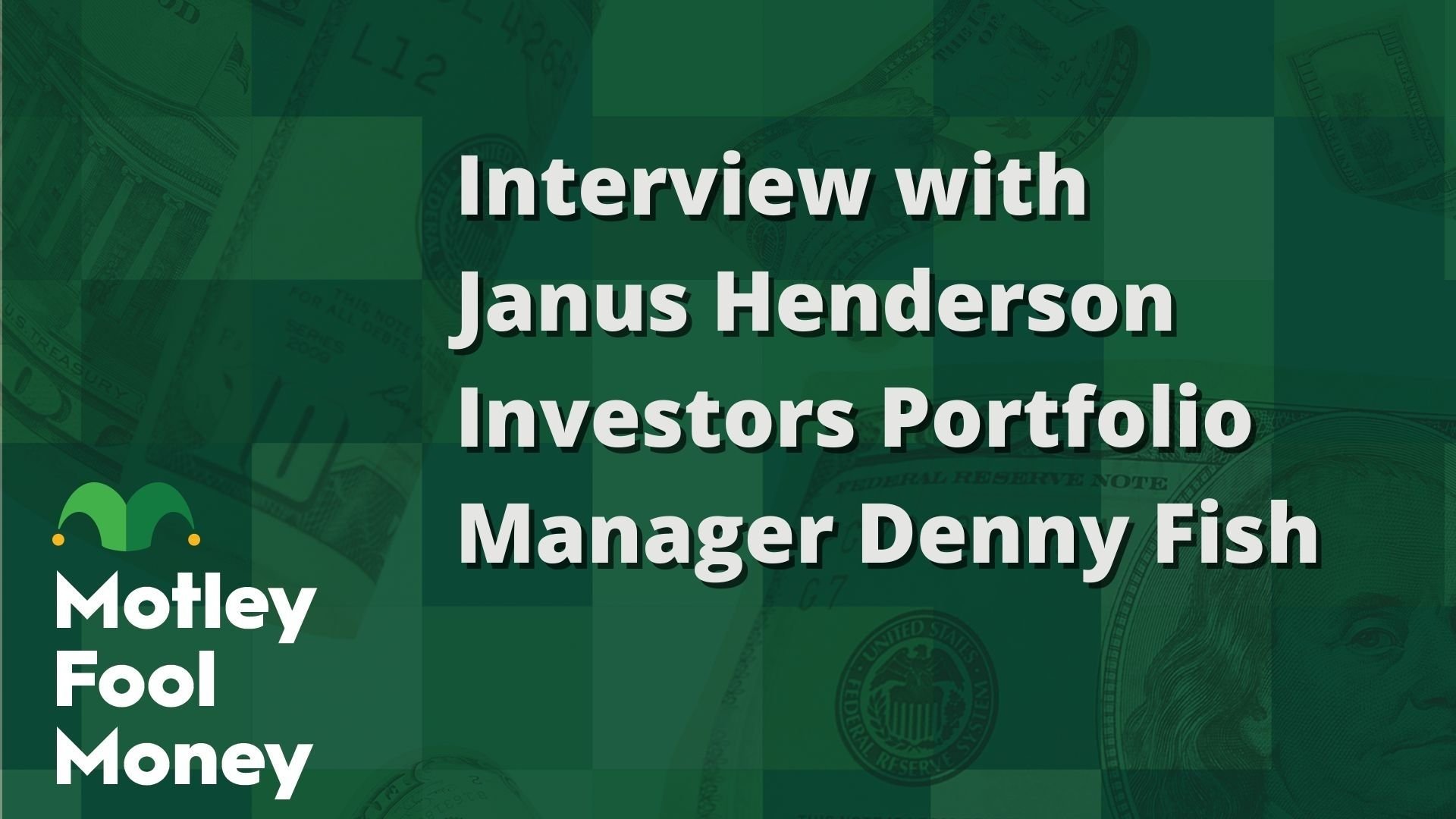Warren Buffett wasn't always a long-term, buy-and-hold investor. In fact, many of his earliest investments were of the activist variety, with Buffett taking large stakes and using his weight as a shareholder to demand change.
Sanborn Maps is the quintessential early Buffett investment. He snapped up the stock for as little as $45 per share, with his eyes on the company's vast investment portfolio, which was worth $65 per share. The business itself was irrelevant to his thesis -- Buffett could earn a tremendous return by simply pushing the company to liquidate its stockholdings and return the cash to shareholders. This was more or less how Buffett made money in his early years.
Eventually, Buffett became more than just a liquidator, and began investing in businesses that offered the potential to compound his wealth for years or even decades. He frequently references his purchase of See's Candies in 1972 as being the turning point, but I think the pivotal moment was when he bought American Express (AXP 0.79%) nine years earlier.
Why American Express made Buffett
American Express wasn't an average Buffett investment. He bought in a time of distress, not to liquidate the company for an immediate gain, but to benefit from its prosperity over time.
In 1963, American Express found itself on the wrong end of a very big, very bad loan to a company by the name of Allied Crude Vegetable Oil. The salad oil company faked its inventory, filling its tanks with seawater and only a modest amount of oil. Because oil is less dense than water, it would float at the top, making it appear as though the company had much more oil than it actually possessed.
Allied Crude Vegetable Oil borrowed on the basis that it had 1.8 billion pounds oil, but it only had 110 million pounds. Thus, American Express and other major banks, which took on the loan under the assumption it had ample collateral, found themselves staring down the barrel of substantial loan losses.
AmEx shares fell over 40%, as the market worried that it wouldn't survive. But Buffett was ready to buy, believing that the losses were only temporary, and that American Express's brand gave it enormous value over and beyond its accounting value.

Image source: Matt Koppenheffer.
A special situation
American Express wasn't your typical corporation. It was organized as a joint stock company, which gave its owners unlimited liability for its losses. If its balance sheet were impaired, shareholders could be called on to contribute more capital. (It converted into a typical corporate structure two years after the scandal.)
In the book The Snowball: Warren Buffett and the Business of Life, author Alice Schroeder writes of the event, quoting Buffett himself:
"So every trust department in the United States panicked," recalls Buffett. "I remember the Continental Bank held over 5 percent of the company, and all of a sudden not only do they see that the trust accounts were going to have stock worth zero, but they could get assessed. The stock just poured out, of course, and the market got slightly inefficient for a short period of time."
Buffett bet big on the stock, putting 40% of his partnership's assets in American Express shares. And while he had made big bets before, this wasn't his standard fare. Previously, his large bets were concentrated in companies that could be liquidated for more than their stock-market value. This wasn't the case with AmEx, which Buffett was buying at well more than two times its book value and more than 15 times its earnings.
Up until this time, Buffett had primarily invested in companies that few would recognize, companies that would never make the front pages of a local newspaper, let alone find themselves in the middle of a national scandal. The size of his American Express investment gave Buffett a huge advantage that he never had before. Schroeder wrote that "[n]ever before had he invested like this. Never had he put to work anything approaching this much money, and so fast, in his life."
Having plunged as low as $35 per share, shares rapidly advanced to $70 per share, making Buffett and his investors millions in the course of just three years. The quick double from AmEx resulted in a return twice that of the S&P 500 over the period.
Swimming naked
One of Buffett's most famous quips is that "only when the tide goes out do you discover who's been swimming naked." On numerous occasions since the salad oil scandal, Buffett has been in the advantageous position of being the only open clothing store when others are caught with their pants down.
In the 1970s, he played a role in saving GEICO, making a fortune in the process. In the 1990s, he personally stepped in at Salomon Brothers to help it navigate a crisis. In the 2000s, he was the banker of last resort to Goldman Sachs, General Electric, USG, and Harley-Davidson. During the European debt crisis of 2011, he invested $5 billion of capital into Bank of America, injecting capital and, more importantly, confidence into the bank.
If Buffett's investment in American Express during the salad oil scandal had turned out for the worse, Buffett might have continued on as a small-cap liquidator managing a handful of money rather than the legendary investor that he is today.






